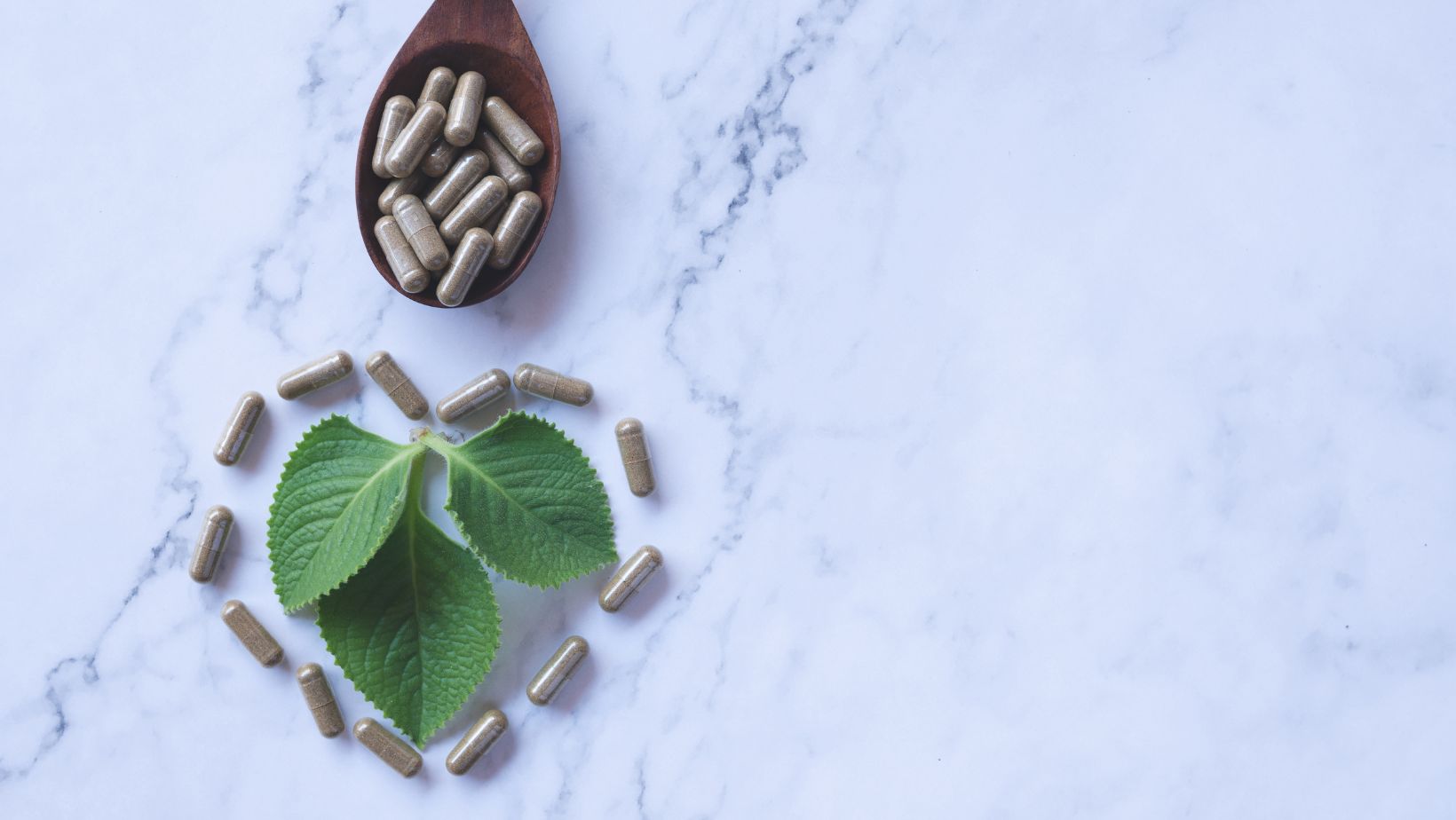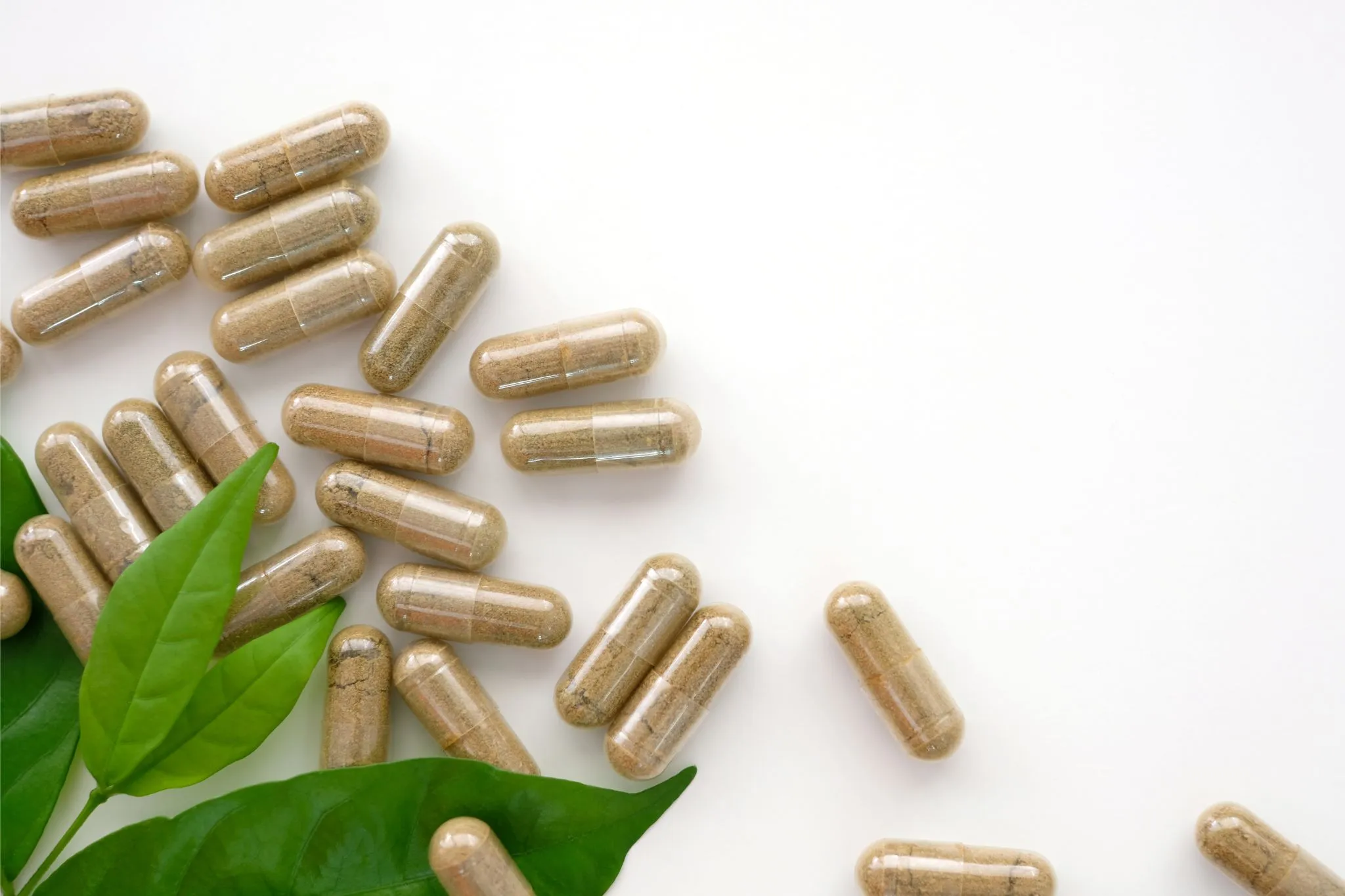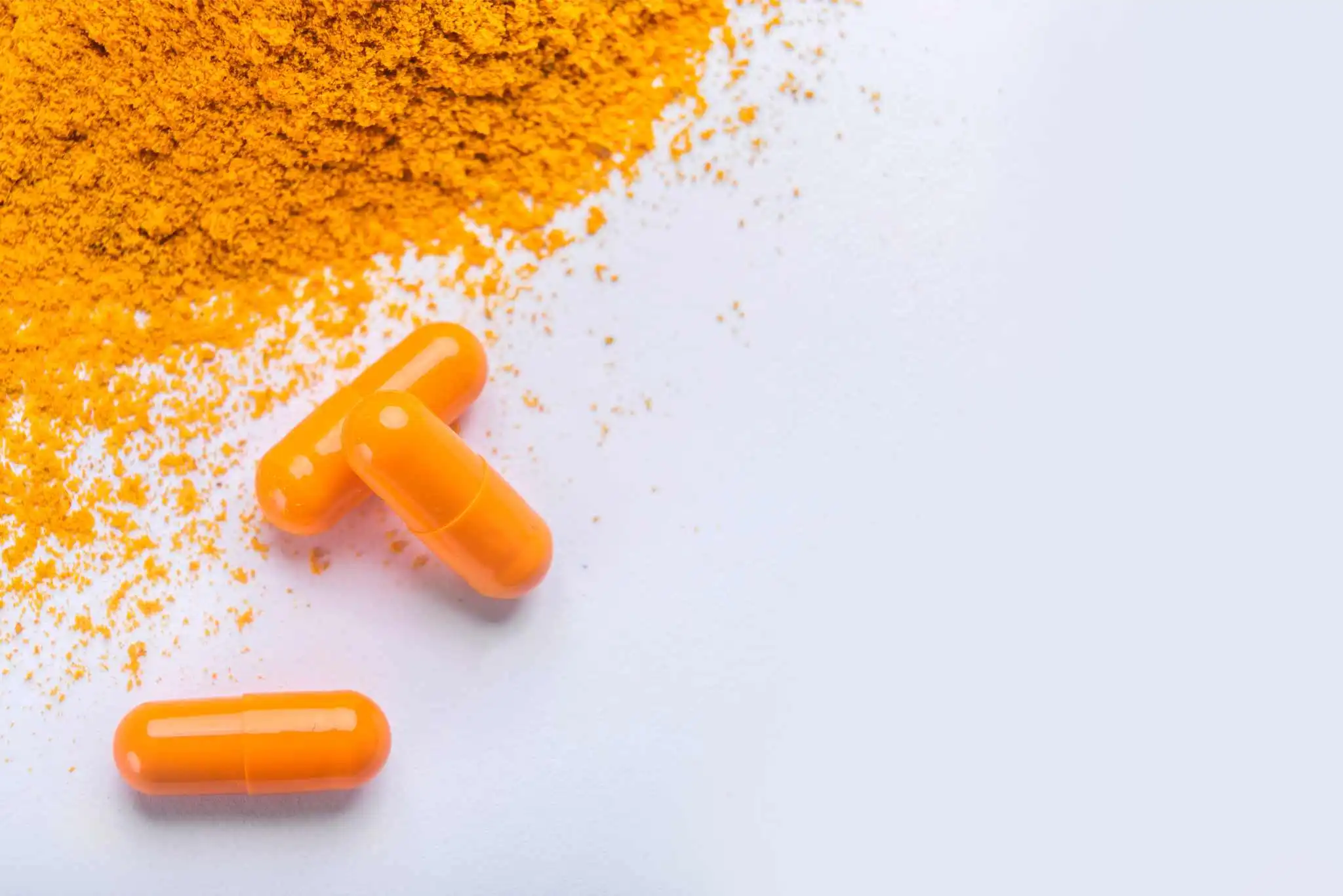Over the past decade, clinicians have conducted research on promising nutraceuticals for IBD wit..
Read moreQing Dai (Indigo) for Induction in IBD Patients
- Crohn's & Colitis
- 5 min read
- Jan 11, 2023 - curqd

Qing Dai (QD), or Indigo, is a formulation of Isatis Tinctoria leaves found to exert potent anti-inflammatory and antioxidant effects.
Recently, QD has come under clinical investigation as a potential therapy for Crohn’s disease and ulcerative colitis due to its ability to quickly relieve chronic intestinal inflammation and bleeding. In numerous studies, QD has proven an effective mucosal repair agent, quickly inducing remission in difficult-to-treat cases of UC.
This means that patients who are not responding to conventional therapies are responding to this natural treatment. Researchers are only now beginning to understand why this natural treatment appears to have curative capacities pharmaceuticals do not.
Here’s a run-down of the evidence from clinical trials on Qing Dai for inflammatory bowel disease so far.
Qing Dai for IBD: The Trials & Tribulations
The last few years have seen a deluge of clinical trials on Qing Dai for Ulcerative Colitis. Seven years ago, a prospective pilot study (Sugimoto, 2016) treated 20 mild-to-moderate UC patients with Qing Dai. After 8 weeks, 72% of patients achieved clinical response and 61% experienced mucosal healing. Then, in a placebo-controlled trial (Naganuma, 2018), patients with active UC treated with QD for 8 weeks achieved significantly higher rates of clinical remission (roughly 70%) and mucosal healing than the placebo group, confirming the efficacy of Qing Dai with inflammatory biomarkers and endoscopy.
As evidence behind the efficacy of QD was mounting, researchers focused on determining the best duration, dose and source to maximize efficacy and lower the risk of side effects. A one-year trial on QD (Matsuno, 2022), saw high rates of remission in UC patients from QD, but there were a fair amount of adverse events, indicating that extensive QD treatment does increase the risk of side effects.
Despite the evidence from the Matsuno trial, a study conducted at Stanford University (Saiki, 2021) showed that it’s not as simple as cutting QD treatment short after the initial response. Although 91% of their participants achieved clinical response by week 8, when QD treatment was stopped abruptly, over half the patients relapsed and four patients progressed to a colectomy.
In a retrospective trial conducted in Israel (Yanai H, presented at UEGW. 2022), researchers tested a combination treatment of QD and gut-directed curcumin on UC patients for the first time. Using a combination (the CurQD® Protocol), they saw the same rates of response and remission with no side effects. The lack of side effects was likely due to reduced dosages and duration of QD treatment.
So, there are three takeaways from these trials:
- QD is very effective for fast, short induction treatment.
- Long-term treatment can raise the risk of side effects, but abrupt discontinuation raises the risk of relapse.
- QD treatment needs to be tapered down gradually in a methodical, evidence-based protocol in order to smooth the transition from induction treatment into remission maintenance without side effects or relapse.
How does Qing Dai work for IBD?
To understand how Qing Dai exerts anti-inflammatory effects, it helps to know the basics of how the immune system drives inflammation in IBD. One of the body’s first defenses against disease is the release of pro-inflammatory cytokines, which serve a vital purpose in preventing infection and healing damaged tissue. Cytokines are small proteins that send signals to activate immune cells and release further cytokines to upregulate an inflammatory response.
The problem arises when this immune response becomes dysregulated, and the inflammation fails to resolve on its own. Chronic intestinal inflammation in IBD is driven by this dysregulated immune response in the gastrointestinal tract, causing disease progression and damage to the intestinal mucosa.
Certain herbal compounds like Qing Dai have a natural ability to help the body downregulate the expression of pro-inflammatory factors, balance pro- and anti-inflammatory cytokines, and heal mucosal damage. The latest research has revealed that Qing DAi does so by activating the AhR pathway.
Qing Dai and the AhR Pathway
QD contains “indole” compounds that have been found to activate the aryl hydrocarbon receptor (AhR). The AhR pathway is a ligand-activated transcription factor with receptors in our intestines that signal and modulate the intestinal immune response and keep it in a state of homeostasis. When activated, the AhR pathway sends signals to override the pro-inflammatory cytokines in the intestinal mucosa, promoting anti-inflammatory activity.
One of these signals is to upregulate ILC3, an “innate lymphoid cell” that produces interleukin (IL)-22. IL-22 has been found to regulate intestinal immune homeostasis, reduce inflammation, and promote mucosal tissue healing. Essentially researchers beleive this is how QD reconstitutes mucosal integrity, inducing symptom relief and remission in UC patients.
There are other anti-inflammatory factors at play, of course, although these also appear to be a “downstream” product of AhR pathway activation by the indole compound.
These include the downregulation of the pro-inflammatory cytokines IL-6, IL-1, and TNF-α, the inhibition of NF-κB signals (IBD patients as they show excessive NF-κB pathway activity, which contributes to “severe abnormalities in the intestinal mucosal epithelium), the reduction of IL-1β and TNF-α expression, and the significant reduction of colon levels of interleukin-6. This is important to note, as IL-6 plays a large role in the unregulated intestinal inflammatory process in IBD.
Essentially, the AhR pathway presents a new target for the treatment of IBD, and Qing Dai is the first IBD therapy found to induce remission by activating it. This is a huge step for IBD therapies, offering a natural solution that in many cases shows higher rates of efficacy and mucosal healing than current conventional options.
More Articles


IBD cases are on the rise across the globe, even in regions with previously low incidences. Firs..
Read more